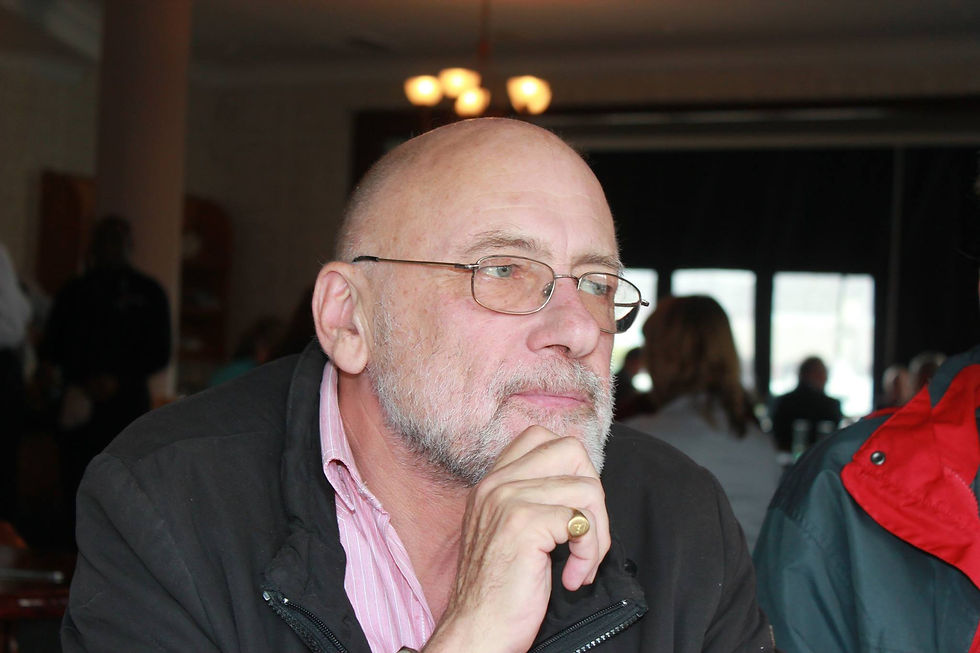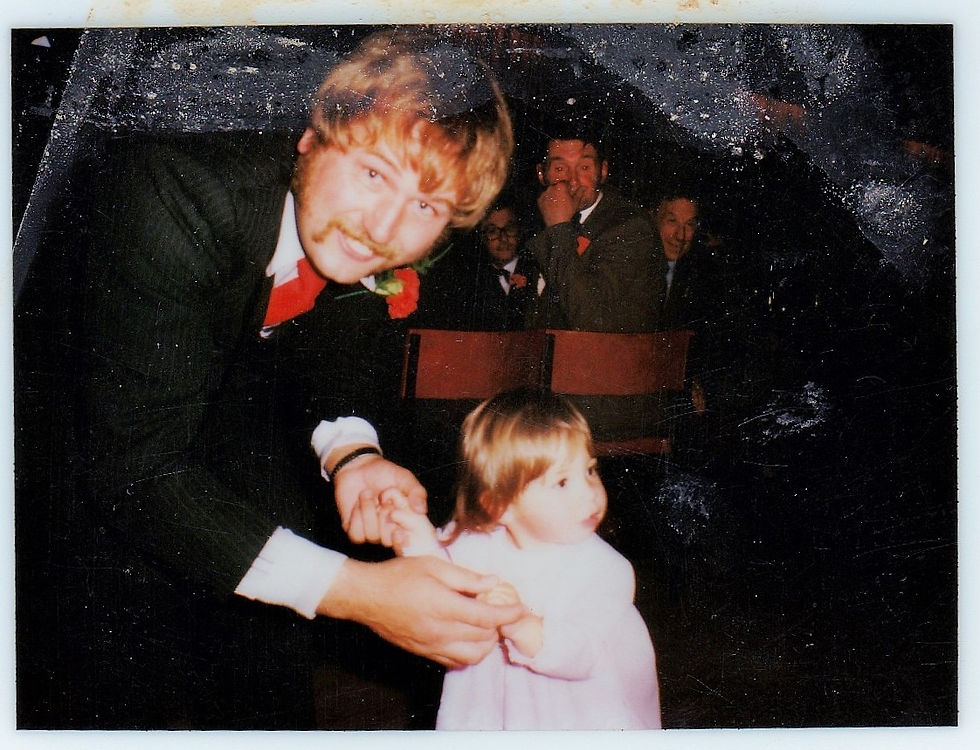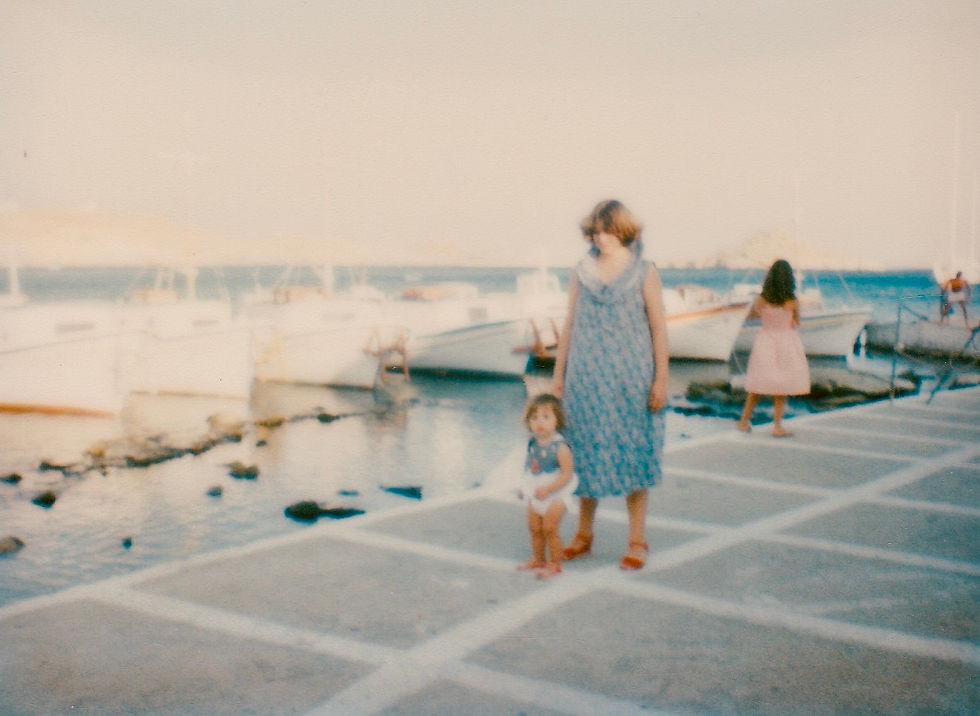
Reflections
It is two years this week since I was diagnosed with my second bout of cancer having suffered multiple heart failure brought about by a large tumour in my stomach. That means some of you have been reading this blog for two years. That is more than 100 blogs, of which on average some 2,500 words. That is 250,000 words in total. What perseverance if you have read them. No doubt you have been hoping for some startling piece of information or finale that never comes. After all, the average length of best-selling crime novels are only 90,000 words. That means you have been reading close to three crime novels with no main characters, heroes or any ending in sight. Only a dull narration of my past life and my inane thoughts on the world.
On further reflection, it is six years to the month when I was first diagnosed with prostate cancer, although treatment only took place belatedly four and a half months later after it had progressed. Some lessons learnt there but not helpful for me to reflect on. Just this advice: if you are male and over forty, get screened for prostate cancer. A simple blood test. If you're a woman, the same for those common female cancers.
Early detection is the major contributor to successful cancer treatment. Of course, cancer is not always easily identified even with the new-fangled scientific tests and scans. In both instances of my cancer, I ignored warning signs and therefore count myself lucky to be around. Two years ago I did not expect to see the year out, let alone two. Thanks to the doctors and the fine nursing and patience of Rozanne I may outlast my Jaguar.
This week I turn seventy-three years and have spent a lot less time in the garage than my Jaguar which is of tender years. The Jaguar is still in the garage as they have found water is somehow getting into an important control box. To replace all the required wiring will be both time-consuming and expensive. They are trying to find an alternate solution to the problem. Obviously, I want it fit for sale, let alone fit for use. Thanks for all your advice on an alternate car. It is obvious everyone has a favourite. As an aside, those manufacturers offering guarantees for up to seven years seem very attractive to me.
I remember in the army we were discussing cars once and discussing the best one.
One bright spark had the answer, “The best car to have is a company car.”
In Rhodesia, there was little choice. Either a Nissan or Mazda unless you were very rich then you could get a Mercedes. Some makes and models came and went, such as the BMW Cheetah and the Izuzu Wasp. Very undesirable models.

Last week's blog raised some interest with supporting comments in regard my thoughts on those illegally using our land. Some comments you will have seen on Facebook, while others are more private within other links. I try not to dwell on the loss of the farms but this week I read an article by my old friend Angus Shaw who worked for many years as a senior journalist with Associated Press. He is now retired but is well worth reading when he puts pen to paper. This week he was reminding us about more recent ongoing events in Zimbabwe in regard to detentions and with the approaching elections the opposition assaults and disruptions of any attempt to carry out normal politicking. Yes, we forget some are still brave enough to challenge ZANU PF and its thugs. Those that benefit from or work with them are no better than them. Just like the traitors in Eastern Ukraine working as Russian stooges or the Vichy French in WWII. I presume they thought they were or are backing the winners. In France, after the war, some six thousand were sentenced to death while many suffered national degradation, a loss of face and civil rights which was meted out to 49,723 people. Will there be such justice in Zimbabwe? I think many of those benefiting from our farms forget that they were taken with ruthless violence.
I, for myself, seem to be suffering from a late life feeling of guilt about what happened in Matebeleland following the ZIPRA uprisings in late 1980 and early 1981. Unfortunately we farmers only shared the concern of those farmers and their families being killed by the dissidents, some sixty odd in those early years of independence. The local news did not share with us the genocide that saw close to thirty thousand Matableles being slaughtered. This followed the uprisings, put down by ex-Rhodesian troops, mainly RAR (Rhodesian African Rifles) with white officers, integrated into the Zimbabwean army during transition. Of course, once the uprising was put down, Mugabe disbanded them as a potential threat to his rule and replaced them with the bloodthirsty North Korean trained Fifth Brigade in the Province to carry out this slaughter. More civilians were killed in this period in Zimbabwe than during the whole of the independence war in Rhodesia from 1965 to 1980.
It should be known that as BMATT were in the country training the Zimbabwean army, they must have been aware or had some inkling of what was going on in the south of the country. We would meet them at Nyabira Club on a Saturday night after tennis, it being our local country club adjacent to Nkomo Barracks where many BMATT were stationed. To us, not a word was uttered so we just shared our concern over the farmers being killed. On reflection, are we still convinced all the deaths were due to dissidents?
“It is important for everyone to be aware of what is happening, especially in our sphere of influence or our place or country of residence. It is our duty not to ignore. We may not have the courage to intervene but we should never assist or ignore. Even recording the events may influence future actions to the good.” - Peter McSporran
These are just my personal thoughts when I hear of people trying to work with the present regime in Zimbabwe. Many will say it is a force of circumstance. I am sure the Eastern Ukrainians and the Vichy French could say the same.
Return to Europe
Now with the war over in 1980, I decided I should visit home after eight years of exile, most of it spent running around in army uniform. We were allowed limited foreign currency and only in the form of travellers checks. This was before credit cards in the age of cheque books and cash. Cash was certainly king. Those that remember will also remember how hard it was to change travellers checks or use them as currency in some countries especially generated in Zimbabwe. Many hotel receptionists would just look at you blankly when presented with them. I think we were allowed $450 and could accumulate for two years.

The Gordons also decided they would like to travel and Sheila, having an aunt in Scotland, felt we could meet there during the Highland Show week, visit my family in Oban then head to Greece for a week on the way home. I am sure the ladies organised it as I cannot recollect the details except that the trip was to eat all our meagre savings. We flew out on separate flights, arranging to meet the Gordon’s at a later date in Dunbar where Sheila's aunt ran a renowned fish and chip shop then proceeded to Edinburgh. There were two main things wrong with this plan. Firstly, to travel with Storm who was now only fourteen months old and the fact that Diane was four months pregnant with our second child. By this time, Storm had developed the first of a series of stomach ailments that required frequent nappy changes. We flew out through South Africa via Luanda where we were not allowed to disembark from the plane. This required many nappy changes much to our fellow passengers' discomfort. On arrival via London in Glasgow my father, who had retired due to poor health by this time, picked us up. After a few days, leaving Storm with my father and stepmother, who took a great liking to her, we set off to pick up Sheila and John in Dunbar. They travelled without their children being older than ours by that time. In walking into the Highland Show at Ingleston the very first person we met was Stewart Millar, one of our fellow farmers from home. The world is much smaller than we imagine.
“Over the years bumping into old friends and acquaintances by chance on my world travels proves it is a very small place despite its perceived size.” - Peter McSporran
From there we returned to Oban. For me the highlight of being in Oban was to visit the fish stall on the peer every day and indulge in shrimp, crab and smoked mackerel until I was almost sick. None of these I had seen or eaten since leaving Scotland more than eight years before. For Sheila, her highlight was a Celeidh at the Corran Halls where Kenneth McKellar sang. I have no idea how she could have known of him. Our visit home coincided with my cousin Alison's wedding in Campbeltown which we attended. Of the wedding I cannot remember much but have a couple of photos to record the fact that we were there.
From there we headed to London on our way to Greece. John insisted we stayed in an area where he had gone to college in London. I had never heard of it although it taught agricultural engineering. Strangely, my good friend Vernon Nicolle had also attended it. Once again evidence of a small world.

Where we stayed was like most of the small hotels or more appropriately hostels in the area run by Asian and Middle Eastern families who seemed to cater mostly for people from the Caribbean. Not exactly salubrious places. The other feature new to us wide eyed Rhodesians was the new phenomenon that had appeared since I left the UK. Sex shops. Our wives allowed only one visit which was enough to leave us dumbfounded. We certainly lived in a cultural backwater if what was displayed was the new normal. Of course, much of it appeared to be for same sex encounters rather than married couples. I often wondered if Sheila, a good Roman Catholic, reported back to Father Tamm in Banket on her return. I should mention I did not reveal to my father that the Gordon’s were catholic, at least Sheila was, John, more a Bush Baptist. Sheila, we found was an avid window shopper spending hours looking into and entering shops without any intention of buying anything. Another feature of our stay in London,, luckily only two days, was each evening John would inform us of a restaurant that served good food and was cheap. It was always deemed close enough to save on a taxi fare by walking. Both nights they were found to take hours to get to, requiring a taxi on the return trip while the food was neither cheap nor good. I could not get out of London fast enough when we set off on Olympic Airlines for Greece where we arrived in the midst of a baggage handler strike making it impossible for us to make our connecting flight to Mykonos. On our arrival, stacks of bags could be seen strewn around the airport's apron as inside the terminal bags were stacked up to the ceiling. The plan was to stay in Piraeus for a couple of nights and if necessary travel by ferry to the island. Not a plan welcomed by a pregnant wife who just had to think about waves to feel sick. It did allow me to visit the Parthenon and the Acropolis. All built about 400 BC, a wonder and symbol of human endeavour and democracy in those ancient times. What will the British empire be remembered for in two thousand years?

The day we were going to resort to the ferry and probably my divorce, the flights resumed and off we set for Mykonos in a small plane driven by a couple of casual pilots who during the flight gave their newspapers more attention than the plane we were nearly to collide with. There was rarely a door between crew and passengers in those days so we could witness events. They appeared much more attentive for the rest of the trip. Mykonos was great with its crystal clear sea and clean beaches. We were surprised to be the few amongst many gay people, unaware it was the place to go to for them in those days. How naive we Rhodies were! Homosexuality to this day is still illegal in Zimbabwe. Our return trip was extremely uncomfortable on a packed Olympic flight via Malawi, where we were glad to board an Air Rhodesia flight for the final leg home. Such comfort. On all the Olympic flights, the passengers would clap and cheer on landing. I was never sure if they were happy to be arriving at their destination or just the fact we had landed safely, exceedingly glad to be home.
Disclaimer: Copyright Peter McSporran. The content in this blog represents my personal views and does not reflect corporate entities.
Comments